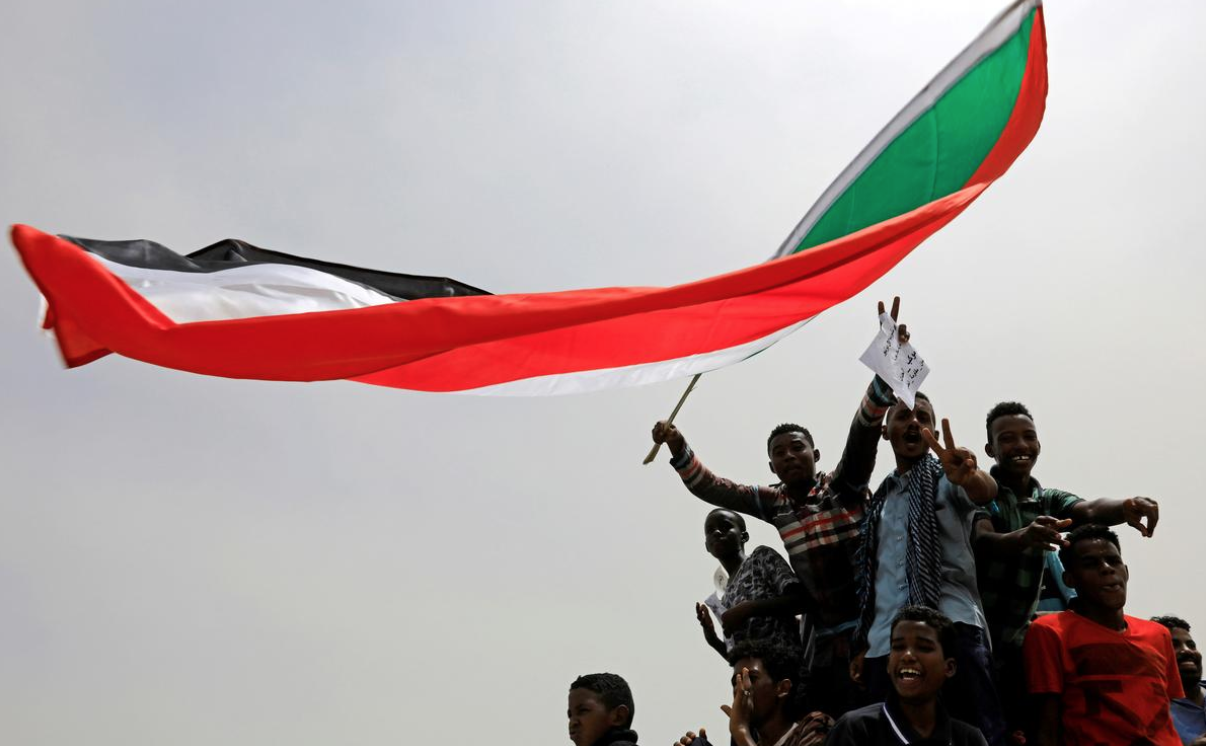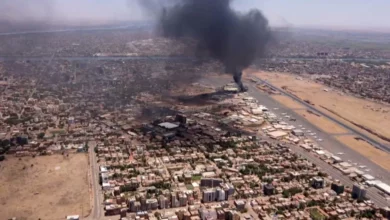
KHARTOUM (Reuters) – Ethiopia’s mediator in the Sudan crisis urged the military rulers and the opposition coalition to hold direct talks on Wednesday to strike a deal on handing over power to civilians.
The Transitional Military Council, which has ruled Sudan since President Omar al-Bashir was ousted in April, and the Forces of Freedom and Change opposition coalition have agreed on proposals presented by the Ethiopian and African Union mediators to solve the crisis, said Mahmud Dirir, the Ethiopian mediator.
But they still disagree over the structure of a sovereign council meant to lead the country during the transitional period, Dirir told reporters in Khartoum on Tuesday, urging the two sides to engage in face-to-face talks to clinch a deal.
A time and a place for the meeting are set but will not be disclosed for security reasons, and both sides have already received invitations, he added.
“The two sides are just around the corner to reach an agreement but one issue remains disagreeable,” Mohamed El Hacen Lebatt, the African Union mediator to Sudan, told the press conference. “We call the two parties to reach a compromise on this remaining issue.”
Sudan’s military overthrew Bashir on April 11 after months of demonstrations against his three decades in office.
Opposition groups kept up protests as they pressed the military to relinquish power, but talks collapsed after members of the security services raided a sit-in protest camp outside the defense ministry on June 3.
A doctors’ group linked to the opposition said that more than 100 people were killed in the raid and ensuing crackdown.
The opposition alliance organized a major show of force on Sunday when tens of thousands of people took to the streets.
It said it was calling for another mass march on July 13 and a day of civil disobedience on July 14. Nine people were killed during Sunday’s protests and some 200 were injured, it said.
The military council has accused the opposition groups of being responsible for the violence and said at least three members of the security forces were injured by live fire.
Both the Ethiopian and African Union mediators urged both sides on Tuesday to avoid escalation to help reaching an agreement.
Earlier on Tuesday, United Arab Emirates said it is important to continue dialogue in Sudan and avoid an escalation.
“Dialogue should continue without antagonism and towards an agreement on transition…It is necessary to avoid conflict and escalation,” UAE Minister of State for Foreign Affairs Anwar Gargash wrote on Twitter.
Sudan is strategically positioned between the Middle East and Africa and its stability is seen as crucial in a volatile region. Various powers including wealthy Gulf states are vying for influence in the nation of 40 million.
Egypt, which deems security and stability in its southern neighbor as important for its own stability, said on Tuesday its ambassador to Khartoum met a leader in the opposition coalition on Monday. Cairo is seen as a supporter of the army rulers.
“The ambassador stressed during the meeting that Egypt stands at the same distance from all the Sudanese parties,” the foreign ministry said in a statement.
Reporting by Khalid Abdelaziz in Khartoum, Adittional reporting by Ahmed Tolba in Cairo, Writing by Mahmoud Mourad, Editing by Mark Heinrich
Khalid Abdelaziz
FILE PHOTO: Sudanese shout slogans during a demonstration demanding the ruling military hand over to civilians in Khartoum, Sudan, June 30, 2019. REUTERS/Umit Bektas/File Photo




